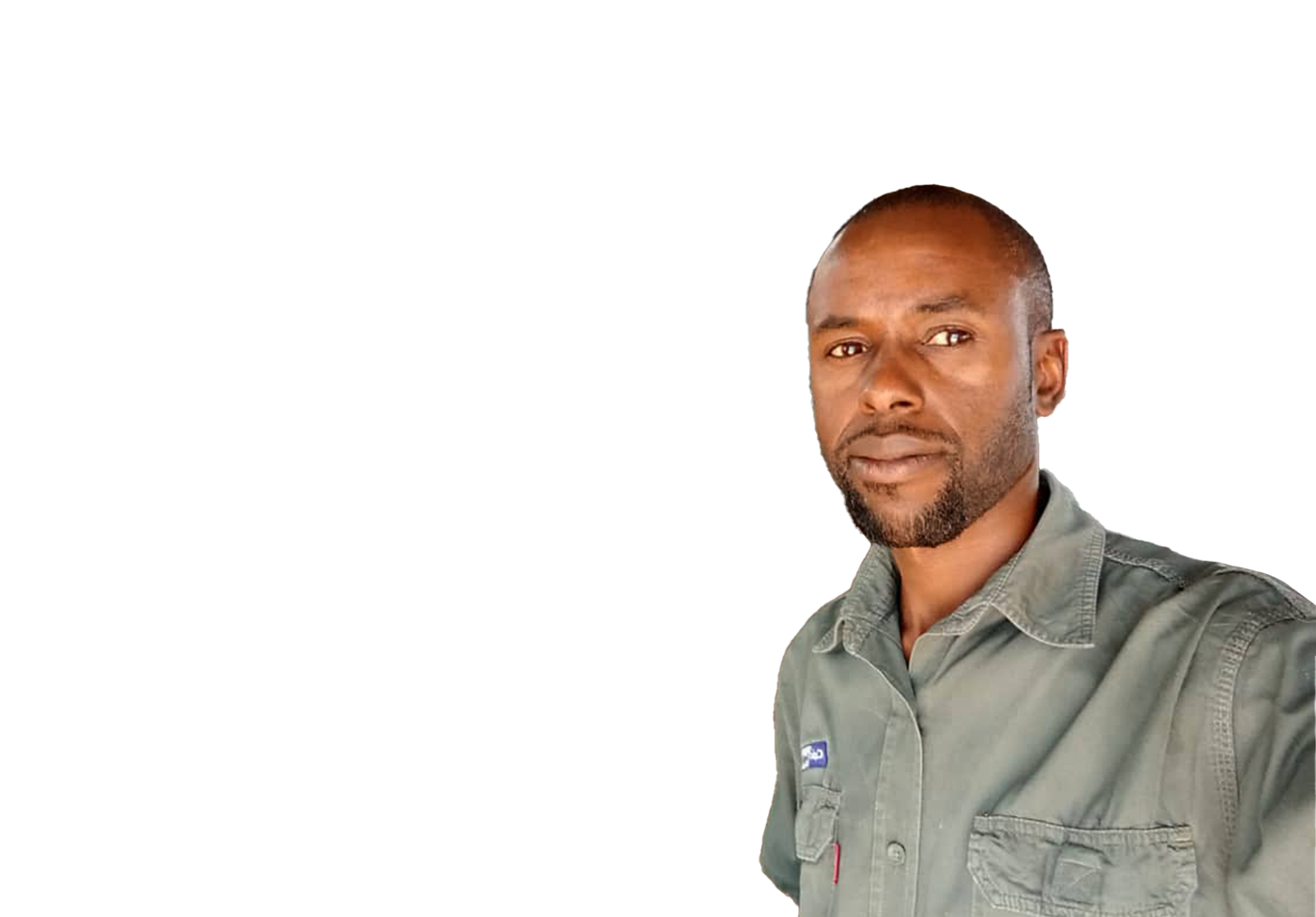
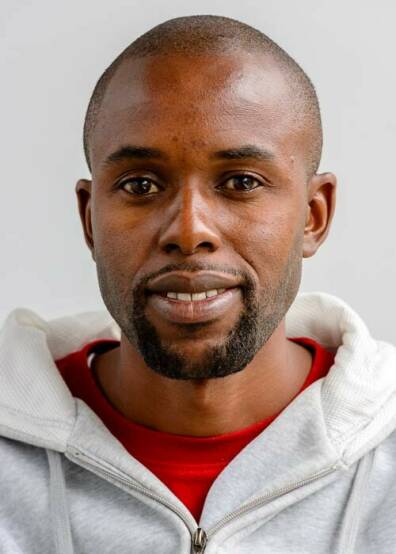
Several years ago, Eugene Mweemba traveled to Barneveld to follow the Animal Feed training. Years went by and Eugene used the knowledge in his work. Four years ago he advised his employee Tony Kazima to enroll in the international pig management and feed production course, which he did. In an online version of the training because of Covid 19, Tony grew to be even better at his job and have a bigger impact on the people and farms he works with.


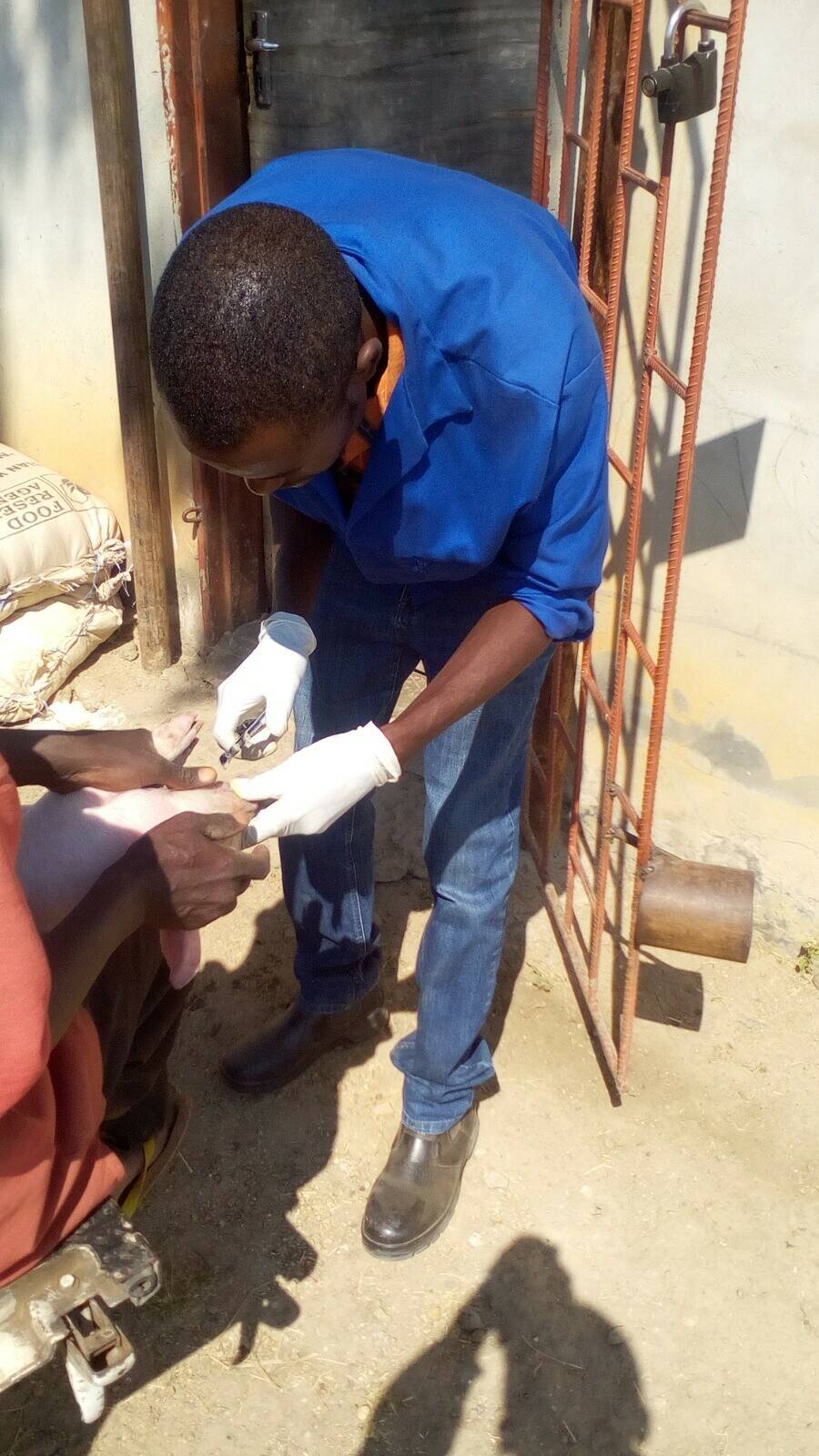
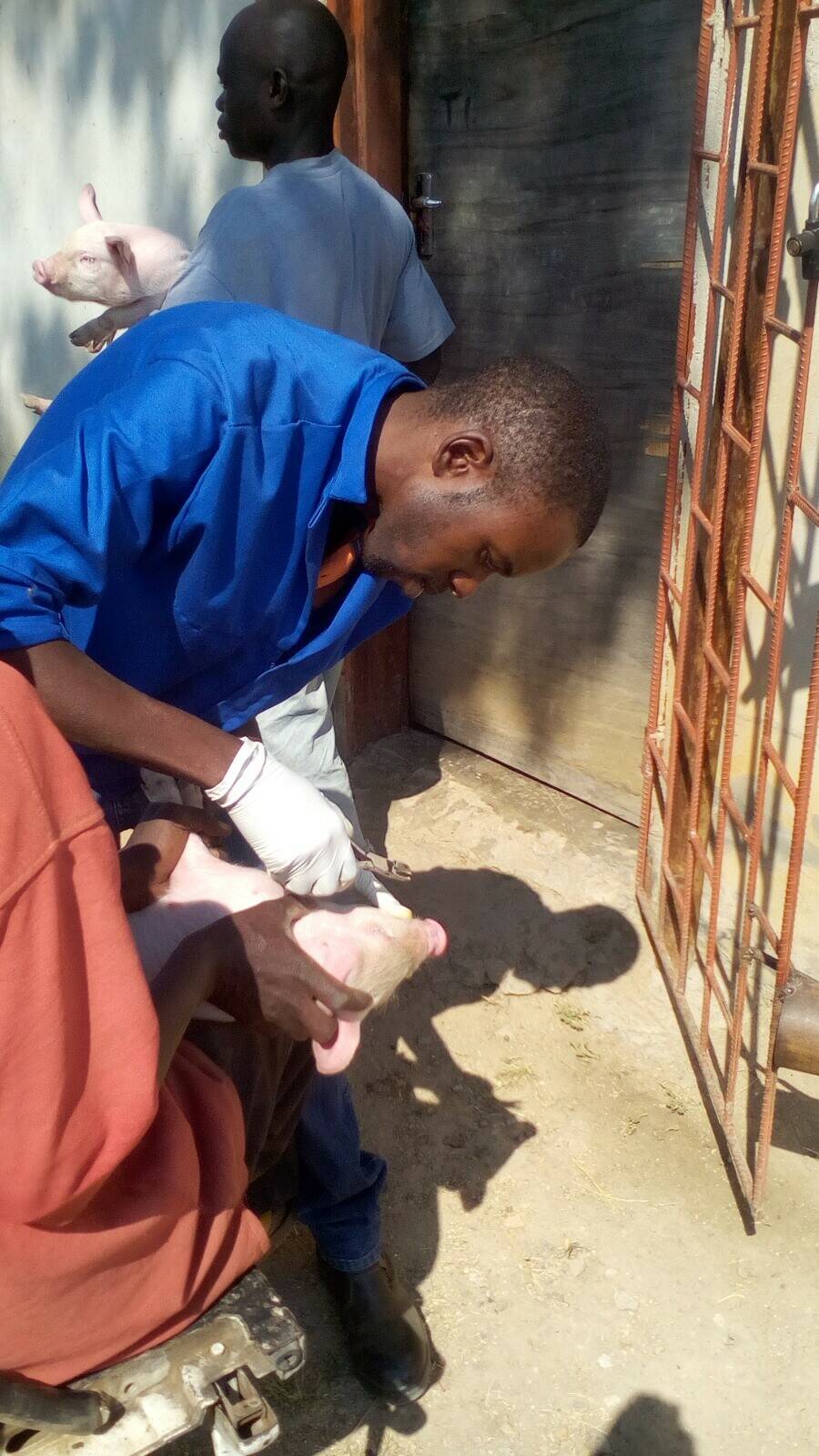
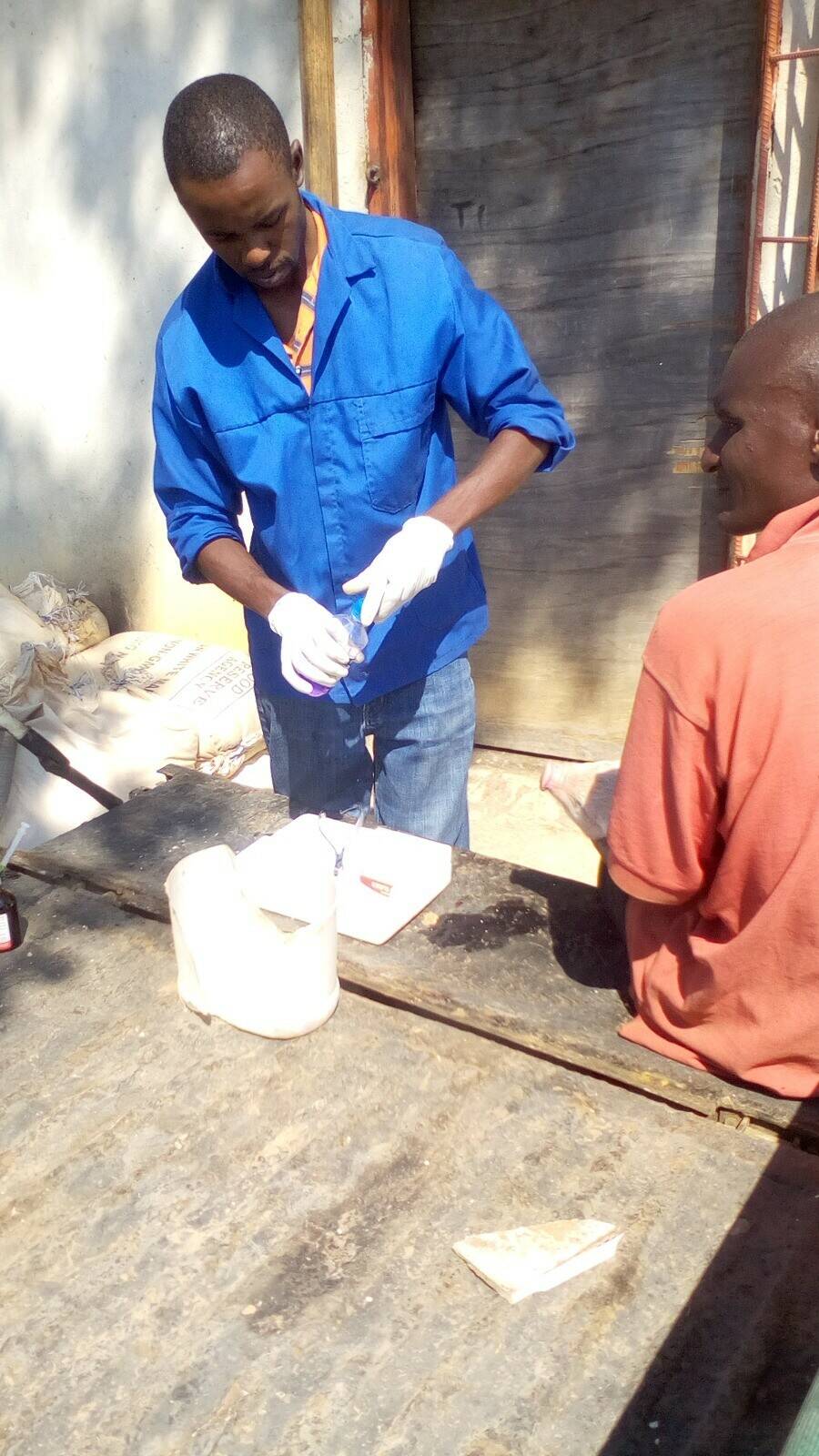
Tony lives in Copperbelt province, which is known for its mining activities and high copper production in the northern part of Zambia. Tony works as a livestock technician, which means he is responsible for executing livestock extension services and the supervision of projects implemented with government and other stakeholders in his area of jurisdiction. “I grew up in a small town called Kabwe which is in the central part of Zambia. My parents had a farm in the outskirts of the town and were involved in horticulture and farming with some pigs on the side. I was actively involved in helping my parents every time I was on holyday from school. When the time came to choose a career, I talked with my parents, and they advised that I should follow the path of farming because it is a very important part of society substance and economic wellbeing. It is important that food is provided and in a safe way. In addition, there are employment opportunities in this field, and it was something I was already familiar with.” Tony therefore enrolled for his diploma in Animal Science at Natural Resource development college in the city of Lusaka.
Fill the gap
The path after his studies hasn’t been that of a regular farmer like his parents. “I didn’t want to be working as a farmer yet, I first wanted to learn more about the industry and the best way to practice farming as real business. But after being in the industry for nine years and interacting with farmers, it is my goal to have my own farm someday. I already have a little farm, but I would like to also have my own piggery.” Four years ago, at the height of the Covid pandemic, Tony followed the pig husbandry course at Aeres. Because of the circumstances, this was an online course, but that didn’t lessen the impact on his work, Tony emphasizes. “I came to know about this course due to my supervisor Mr Eugene. He was one of the alumni there. He saw potential in me due to my skills as a livestock technician. There are not so many technicians around here and therefore there was need for trainers to teach more people, to fill the gap between the technicians needed and the people already trained.”
Online
Tony looked up the program online, checked it out on Facebook and read the information on the website. “I immediately got interested and applied, with success Of course, I would have liked to travel to the Netherlands instead of only seeing everyone on the screen, but Aeres adjusted to this situation and transferred the course to an online version, with a practical part in our own country.” The students were asked to find local farms that met the criteria where they could follow a kind of internship to learn the practical side and apply the theoretical knowledge from the online classes in the field. “Luckily, I found some farms nearby that could provide me with that hospitality and other needs, where I could do the assignments that were part of the program and was a success.”
Eugene’s experience
In 2004, there was no pandemic so Eugene could travel to the Netherlands. He had a great and valuable experience during his animal feed training course at Aeres. “I enrolled in this course because I wanted to learn how to formulate my own feed as feed from suppliers were becoming expensive. The most important thing I learned is what is important in feed and that you can use programs such as Feed Win for feed formulation.” Eugene was very positive about the teaching methods at Aeres. “The philosophy of learning by doing is very special and important. It makes it easier to understand what you are learning.”
Potential
This positive experience made Eugene advise his employee Tony to follow a course at Aeres several years later too. “I encouraged Tony to follow a course there, because of the Dutch work culture, which I think is very efficient and impressive. And I also wanted him to be able to see what the difference is in our education system and the system used in the Netherlands and at Aeres in particular. I thought it would help him improve his own methods of learning, teaching, and communicating.” According to Eugene, it is very important to invest in your employees, especially when they have such big potential as Tony does. “Tony is an extension worker, whose work requires him to impact skills and knowledge to livestock farmers to focus on their livestock as a business. So it is very important that he has those skills and knowledge and knows how to transfer it to them in the most efficient way.”
The impact
The impact of the course on Tony’s work is considerable, according to both Tony himself as Eugene. Eugene: “His attitude towards the work culture is more like he is adopting the Dutch way, which I think is very efficient. This has tremendously improved his output at work. With most groups he has interacted with, I see a big improvement in his business sense. He is better in communicating and managing, which is very important in our work.” Tony also acknowledges the big impact of the course. “Of course a big part is the gained knowledge about the field of work but another important thing I have learned is how to adjust in situations that we didn’t plan for. Going through the course, it brought a realization that sometimes you can plan your activities on the farm, but they may not go as planned. You don’t need to quit when that happens, you just need to make a new plan.” Tony also noticed that his confidence increased. “Of course, I was trained as an animal scientist, but getting additional knowledge in a different setup, meant that I was more confident in executing my job. I am now able to take on challenging situations and am more motivated. People also seem to notice that, because I am even more frequently asked for advice or help.” Just like Eugene, Tony spreads the word about his positive experience at Aeres to his colleagues and friends, believing in the transformative power of knowledge-sharing and learning by doing. “I advised my fellow work mates to investigate it this and give it a try. And luckily, three of them were able to travel to the Netherlands to follow a course at a different time in their area of passion and work. It is like a chain-reaction: my knowledge and experience has impact on that of others.”

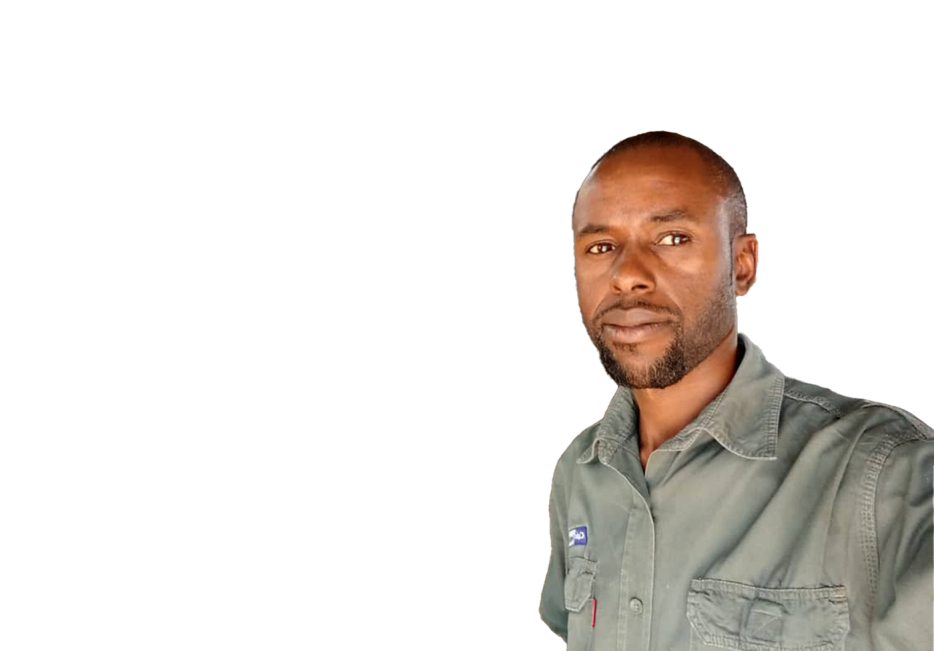
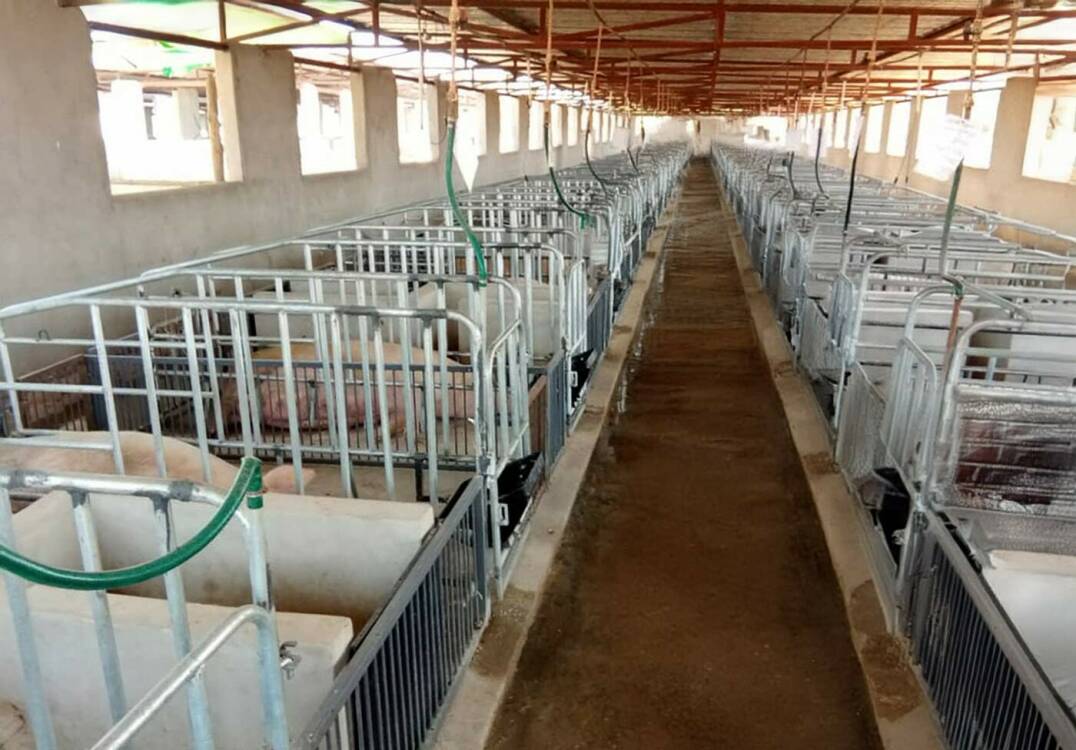

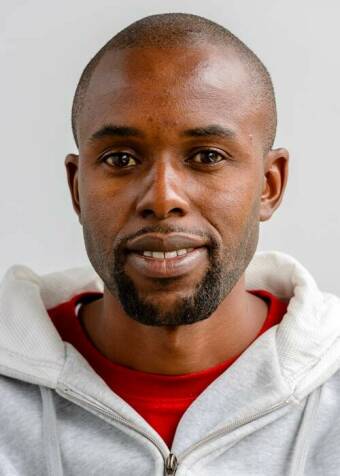
Several years ago, Eugene Mweemba traveled to Barneveld to follow the Animal Feed training. Years went by and Eugene used the knowledge in his work. Four years ago he advised his employee Tony Kazima to enroll in the international pig management and feed production course, which he did. In an online version of the training because of Covid 19, Tony grew to be even better at his job and have a bigger impact on the people and farms he works with.

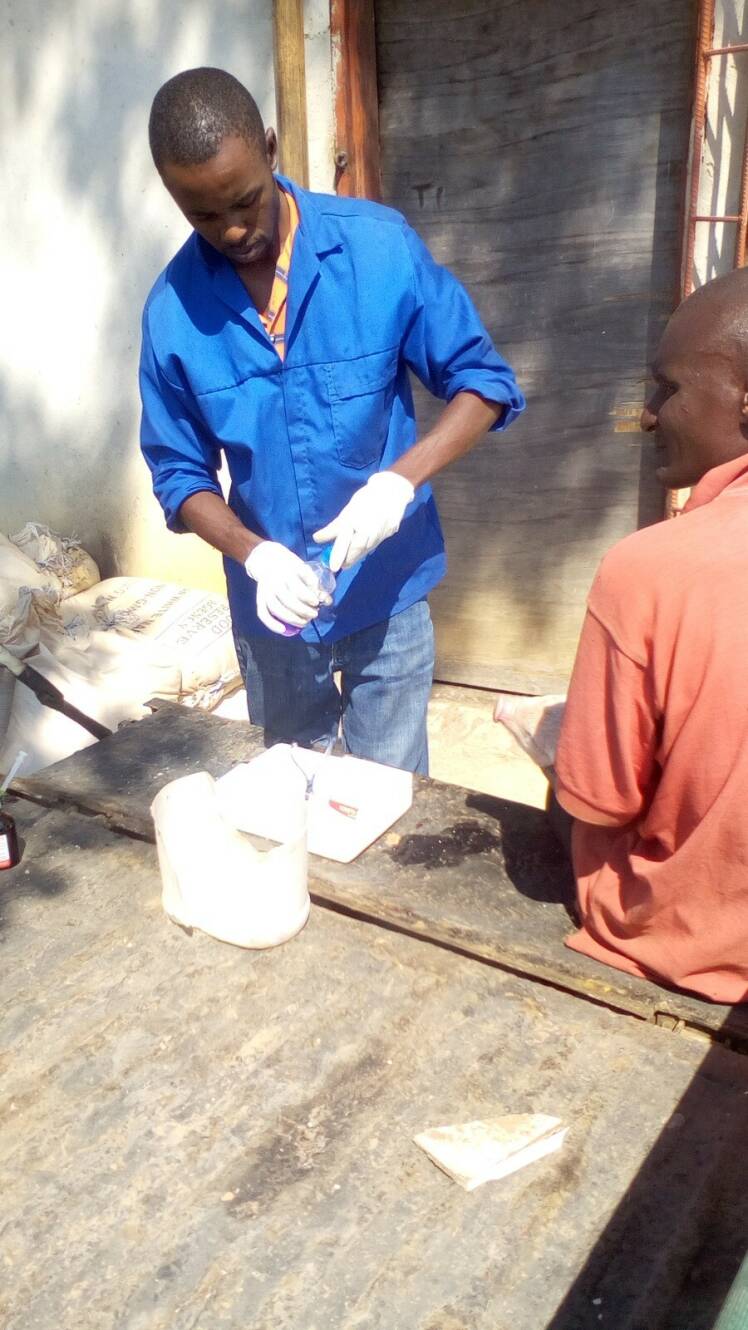
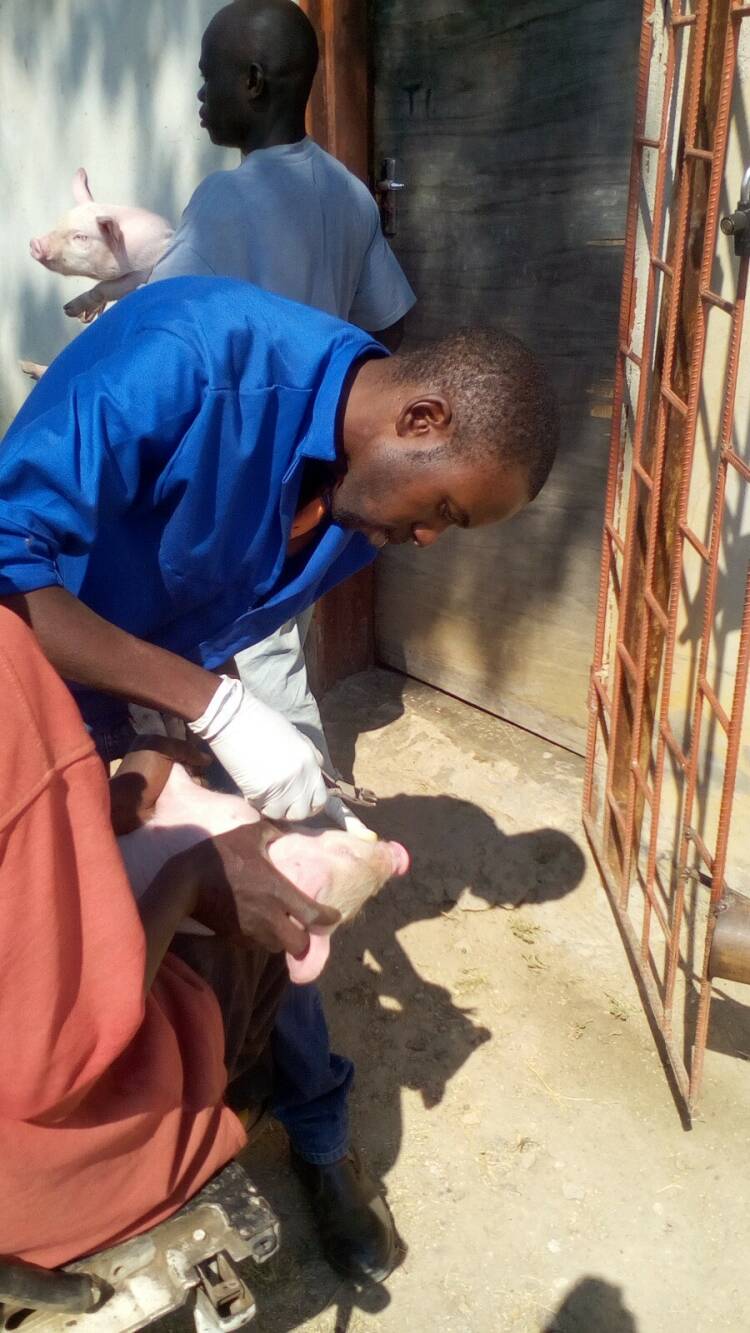
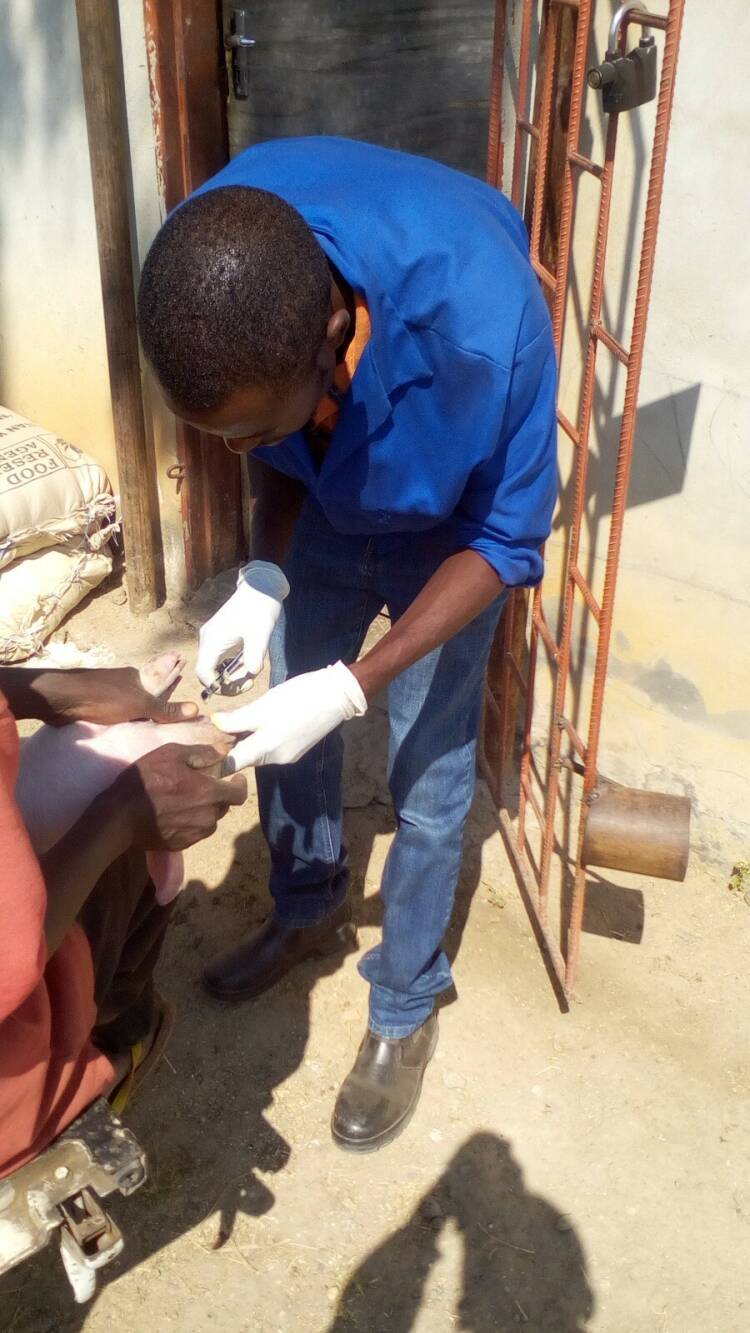
Tony lives in Copperbelt province, which is known for its mining activities and high copper production in the northern part of Zambia. Tony works as a livestock technician, which means he is responsible for executing livestock extension services and the supervision of projects implemented with government and other stakeholders in his area of jurisdiction. “I grew up in a small town called Kabwe which is in the central part of Zambia. My parents had a farm in the outskirts of the town and were involved in horticulture and farming with some pigs on the side. I was actively involved in helping my parents every time I was on holyday from school. When the time came to choose a career, I talked with my parents, and they advised that I should follow the path of farming because it is a very important part of society substance and economic wellbeing. It is important that food is provided and in a safe way. In addition, there are employment opportunities in this field, and it was something I was already familiar with.” Tony therefore enrolled for his diploma in Animal Science at Natural Resource development college in the city of Lusaka.
Fill the gap
The path after his studies hasn’t been that of a regular farmer like his parents. “I didn’t want to be working as a farmer yet, I first wanted to learn more about the industry and the best way to practice farming as real business. But after being in the industry for nine years and interacting with farmers, it is my goal to have my own farm someday. I already have a little farm, but I would like to also have my own piggery.” Four years ago, at the height of the Covid pandemic, Tony followed the pig husbandry course at Aeres. Because of the circumstances, this was an online course, but that didn’t lessen the impact on his work, Tony emphasizes. “I came to know about this course due to my supervisor Mr Eugene. He was one of the alumni there. He saw potential in me due to my skills as a livestock technician. There are not so many technicians around here and therefore there was need for trainers to teach more people, to fill the gap between the technicians needed and the people already trained.”
Online
Tony looked up the program online, checked it out on Facebook and read the information on the website. “I immediately got interested and applied, with success Of course, I would have liked to travel to the Netherlands instead of only seeing everyone on the screen, but Aeres adjusted to this situation and transferred the course to an online version, with a practical part in our own country.” The students were asked to find local farms that met the criteria where they could follow a kind of internship to learn the practical side and apply the theoretical knowledge from the online classes in the field. “Luckily, I found some farms nearby that could provide me with that hospitality and other needs, where I could do the assignments that were part of the program and was a success.”
Eugene’s experience
In 2004, there was no pandemic so Eugene could travel to the Netherlands. He had a great and valuable experience during his animal feed training course at Aeres. “I enrolled in this course because I wanted to learn how to formulate my own feed as feed from suppliers were becoming expensive. The most important thing I learned is what is important in feed and that you can use programs such as Feed Win for feed formulation.” Eugene was very positive about the teaching methods at Aeres. “The philosophy of learning by doing is very special and important. It makes it easier to understand what you are learning.”
Potential
This positive experience made Eugene advise his employee Tony to follow a course at Aeres several years later too. “I encouraged Tony to follow a course there, because of the Dutch work culture, which I think is very efficient and impressive. And I also wanted him to be able to see what the difference is in our education system and the system used in the Netherlands and at Aeres in particular. I thought it would help him improve his own methods of learning, teaching, and communicating.” According to Eugene, it is very important to invest in your employees, especially when they have such big potential as Tony does. “Tony is an extension worker, whose work requires him to impact skills and knowledge to livestock farmers to focus on their livestock as a business. So it is very important that he has those skills and knowledge and knows how to transfer it to them in the most efficient way.”
The impact
The impact of the course on Tony’s work is considerable, according to both Tony himself as Eugene. Eugene: “His attitude towards the work culture is more like he is adopting the Dutch way, which I think is very efficient. This has tremendously improved his output at work. With most groups he has interacted with, I see a big improvement in his business sense. He is better in communicating and managing, which is very important in our work.” Tony also acknowledges the big impact of the course. “Of course a big part is the gained knowledge about the field of work but another important thing I have learned is how to adjust in situations that we didn’t plan for. Going through the course, it brought a realization that sometimes you can plan your activities on the farm, but they may not go as planned. You don’t need to quit when that happens, you just need to make a new plan.” Tony also noticed that his confidence increased. “Of course, I was trained as an animal scientist, but getting additional knowledge in a different setup, meant that I was more confident in executing my job. I am now able to take on challenging situations and am more motivated. People also seem to notice that, because I am even more frequently asked for advice or help.” Just like Eugene, Tony spreads the word about his positive experience at Aeres to his colleagues and friends, believing in the transformative power of knowledge-sharing and learning by doing. “I advised my fellow work mates to investigate it this and give it a try. And luckily, three of them were able to travel to the Netherlands to follow a course at a different time in their area of passion and work. It is like a chain-reaction: my knowledge and experience has impact on that of others.”









